
Human Systems Integration
The domain of human systems integration is a multidisciplinary field of research that endeavors to extend knowledge about how people interact with technology. This research area considers human cognitive and physical needs and capabilities as a top priority to be integrated into the design and development of modern sociotechnical systems to improve their safety and performance.
This area includes:
Human-Automation Systems in Transport Operations: Empirical analysis and modeling based approaches to study highly automated, partially autonomous, and remotely controlled vehicles in a variety of domains.
Wearable Sensors and Technologies: Tools for employing wearable sensors to quantify human performance and human-machine fluency in operational settings requiring optimal control of exoskeletons, drones, and other types of robots.
Inclusive Design: Methods that consider the full spectrum of human functional variability, with an emphasis on users that are vulnerable to exclusion, such as elderly individuals and those who have disabilities and special needs.
RELATED NEWS
-
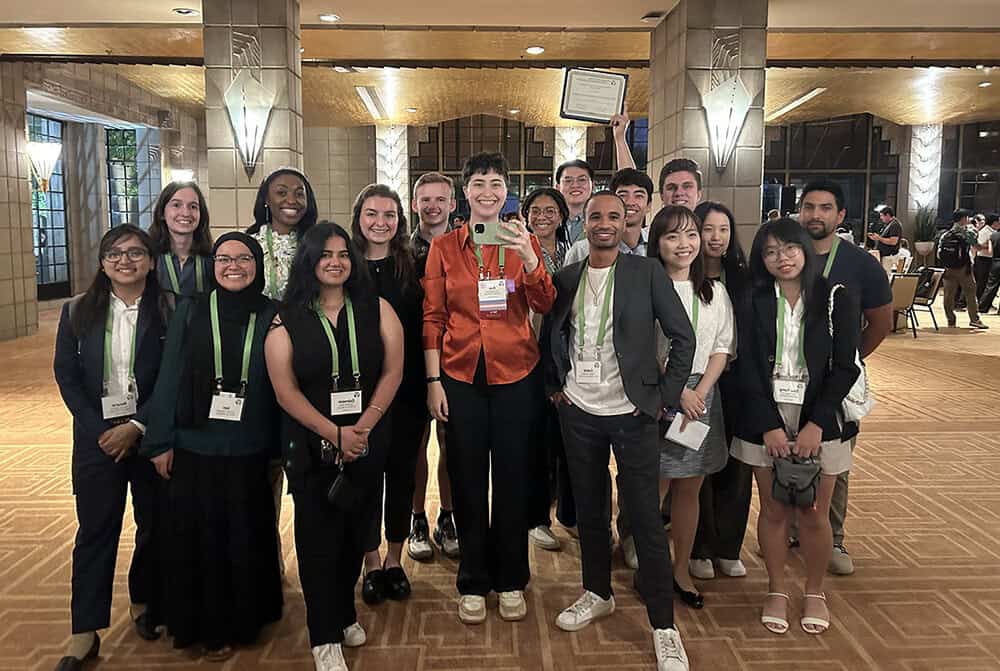
U-M IOE Earns Top HFES Honors
The U-M Industrial and Operations Engineering community made a significant impact at the 68th Annual Human Factors and Ergonomics Society Meeting. Members of our community won awards ranging from the prestigious President’s Distinguished Service Award, the Gold HFES Chapter Recognition Award, as well are many others.
-
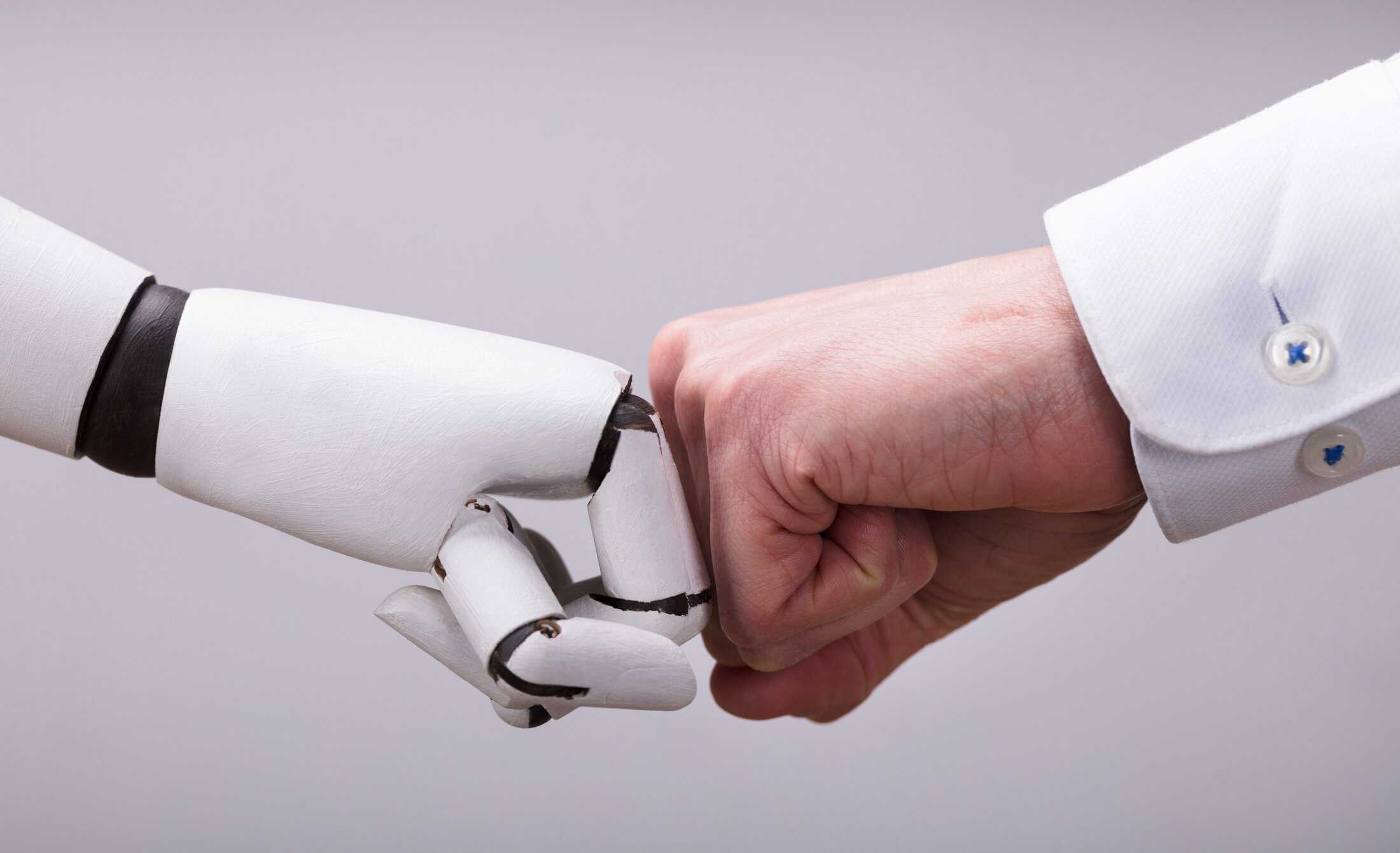
Building trust between humans and robots when managing conflicting objectives
When robots do not have prior knowledge of human tactics, adaptive learning enhances trust and performance.
-
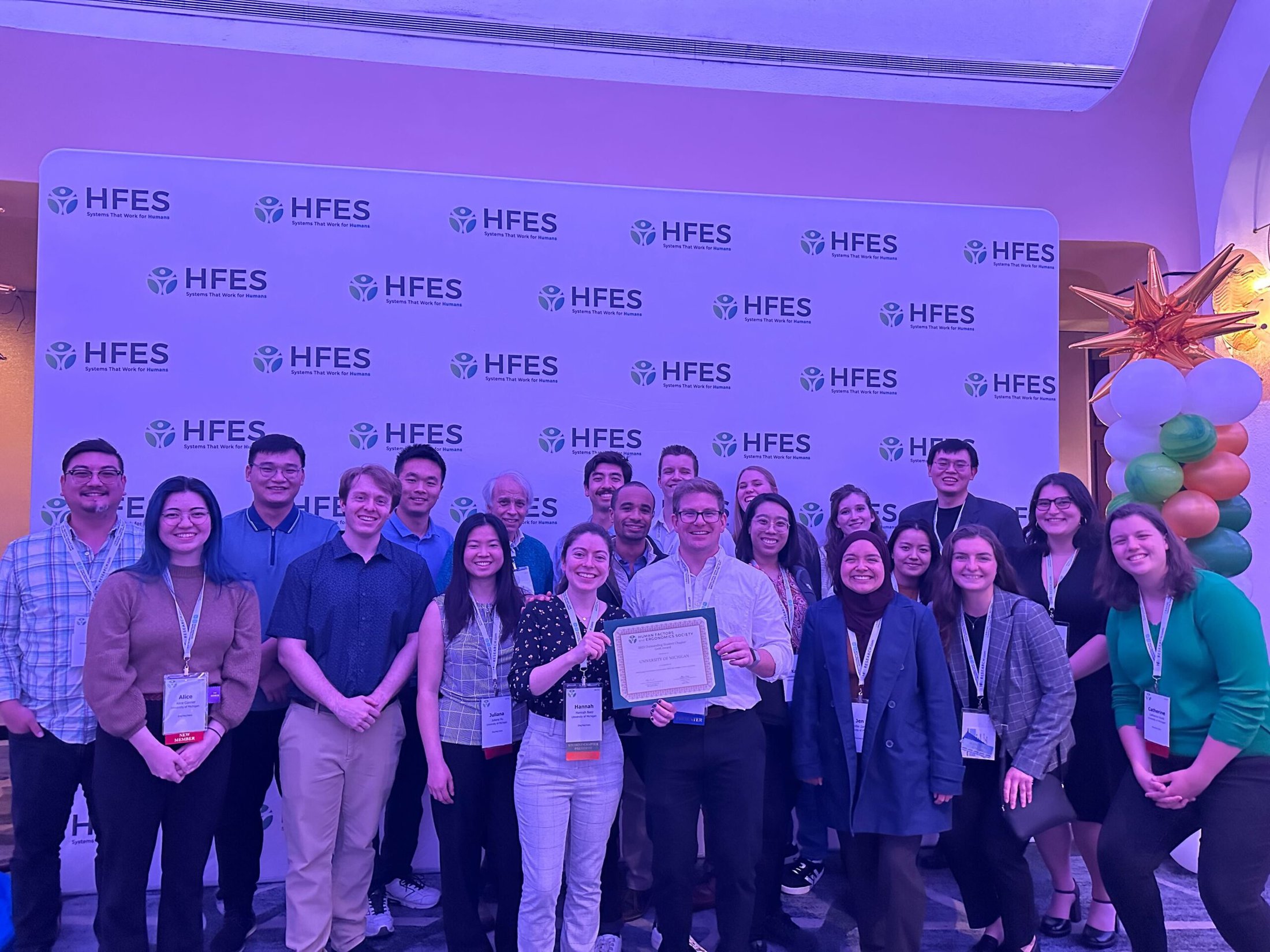
U-M IOE members take home awards from the HFES annual meeting
Last week the Human Factors and Ergonomics Society hosted their 67th Annual Meeting in Washington, DC which took place from Oct. 23-27, 2022. The U-M student chapter as well as faculty and graduate research assistants took home awards
-

Responsive ankle exoskeleton algorithm handles changes in pace and gait
The algorithm uses direct muscle measurement, with the potential to seamlessly support a user who switches between walking and running
-
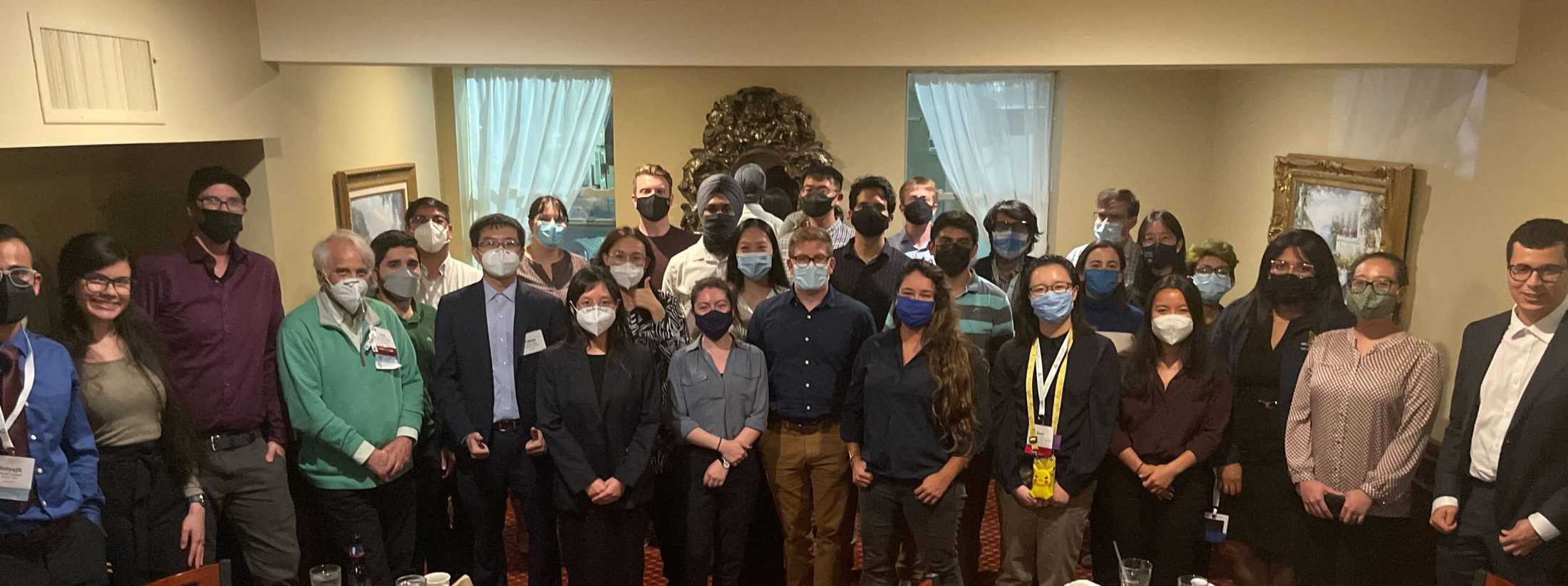
U-M Human Factors and Ergonomics Society Student Chapter Lands Top Honors at National Meeting
The IOE led student chapter of the Human Factors and Ergonomics Society (HFES) society was recently recognized with the highest honor from HFES at the national society meeting in Baltimore.
-

Jessie Yang receives NSF Career Award
U-M IOE Assistant Professor Jessie Yang has received an NSF Career Award for research on facilitating trust in autonomous technology.
-

Jessie Yang and Cong Shi win second place in NATO Innovation Challenge
U-M IOE faculty have been awarded second place at the NATO Innovation Challenge for their presented solution that integrates optimization and human factors for autonomous decision making.
-
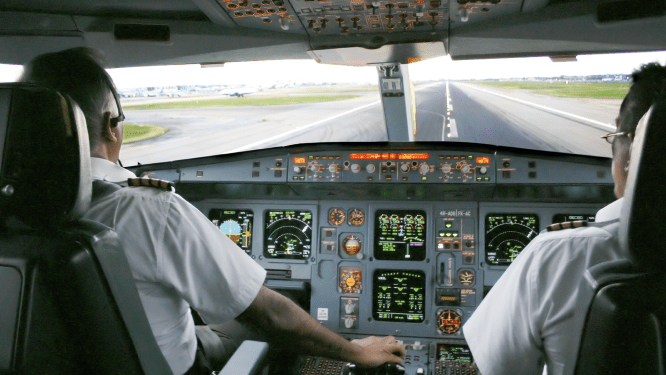
Nadine Sarter receives FAA funding for research on pilots’ role in risk mitigation
U-M IOE professor, Nadine Sarter has received funding from the Federal Aviation Administration (FAA) for research on the role flight crews play in aviation safety.
-

U-M HFES Student Chapter and Na Du Awarded at HFES Annual Meeting
HFES awards the U-M Student Chapter with the Outstanding Student Chapter Gold Award. Na Du, a U-M IOE PhD candidate, was also recognized individually with two awards and a scholarship.
-

Jessie Yang and Cong Shi receive funding from AFOSR for human-autonomy teaming
U-M IOE professors receive AFOSR funding to further their research on human-autonomy teaming.